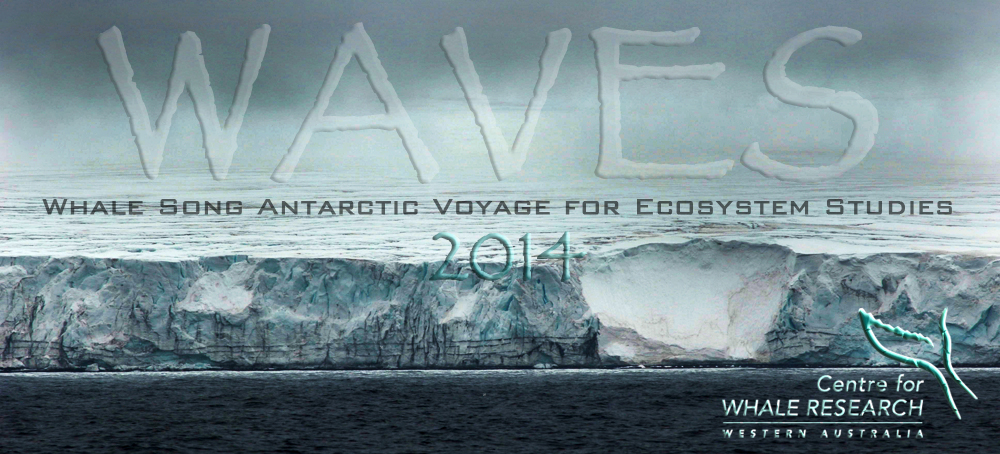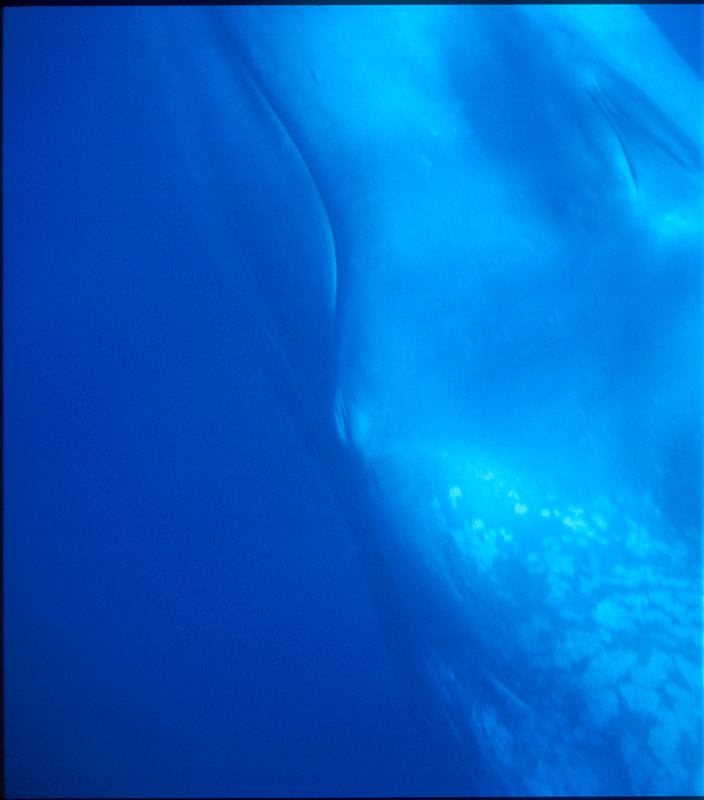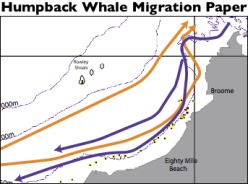Blue whale savaged off the south coast of WA by hungry killer whales
Updated
Space to play or pause, M to mute, left and right arrows to seek, up and down arrows for volume.
Scores of orcas have been filmed savaging a sub-adult pygmy blue whale off the WA coast, with a charter boat crew on hand to witness the hunt from start to kill.
Key points:
- Killer whales rarely attack blue whales and aren’t normally successful if they do
- The attack off Bremer Bay was the second in two weeks
- Researchers say the attack is big news in the marine mammal world globally
It was the first time killer whales had been filmed attacking a pygmy blue whale off the south coast of Western Australia, the second attack in two weeks and only the third known attack in the world.
Owner and operator of Naturaliste Charters, Paul Cross, who captains his boat in a killer whale “hotspot” off the coast of Bremer Bay, filmed and photographed the most recent attack.
He said the crew noticed splashing and orcas lunging.
“As we got closer, there was a big swirl of birds and within 200 or 300 metres. There was a big oil slick, and as we got closer there was a big spout, and it couldn’t be mistaken for any other animal other than a blue whale,” Mr Cross said.
“There were bite marks, oil slicks coming out, birds diving into the water — we stopped and we were able to view what was believed to be a pygmy blue whale taken down by 50 to 60 killer whales, it was so fast, so dramatic.
“Out of the 10 years I’ve been working with wildlife and the five years I’ve been working at the Bremer canyon, I’ve never seen anything like this.
“We were just in awe of what was unfolding in front of our eyes.
“The last time we missed the hunt and the kill and we got there in the aftermath, but to see the whole chase from start to finish was just out of this world.
“It was really, really brutal.”
Two whales in two weeks
Lead researcher at CETREC WA (Cetacean Research) John Totterdell was on a boat when he witnessed the first whale being attacked on a stormy day in late March.
“We stopped to actually pick up some debris and rubbish and hence we were out on the deck and noticed the commotion off to the side, then when it unfolded in front of us, we were totally gobsmacked when we realised it was an adult,” Mr Totterdell said.
“It’s incredible and it’s got colleagues overseas where the blues are studied a lot very excited about what is going on off our south coast.
“It’s big news in the marine mammal world globally.
“To document an adult blue whale being killed by killer whales is a world first.”
Orcas know the risks of attacking blue whales
Research Fellow at the Aquatic Megafauna Research Unit (AMRU) at Murdoch University Dr Joshua Smith said while it was not unheard of for killer whales to attack blue whales, they were very rarely successful.
He said the second whale attacked appeared to be a yearling.
“My immediate reaction like most people’s was like, ‘Really? wow,’ it really was amazing — it probably happens more than we think but to have actually witnessed it and for the people who were out there and collected the information, it would have been an amazing situation to be in,” Dr Smith said.
“The blue whales are very effective with the size of their tails and so forth and so the killer whales are very aware of the sort of risks when they do go after the larger prey like the blue whales.”
 PHOTO: There have been only three documented successful predations of blue whales by orcas in history.(Supplied: Machi Yoshida/Naturaliste Charters)
PHOTO: There have been only three documented successful predations of blue whales by orcas in history.(Supplied: Machi Yoshida/Naturaliste Charters)Young blue whales could have drawn ‘street gangs’ of orcas
Curt Jenner, who has studied whales off the south coast for more than 30 years, hypothesised that the young whale may have drawn unwanted attention to itself when making its loud calls.
“Blue whales swim along making a lot of noise, they are probably the noisiest thing in the ocean, in fact, they have calls louder than a 747 taking off at the end of a runway,” Mr Jenner said.
“Maybe older whales know enough to keep the belting down as they go past spots where there could be street gangs looking to take them out, these juveniles may have not kept quiet they might have been making calls that were detectable by the killer whales — they’re not street smart yet and they’ve suffered the consequences, but we don’t really know that is what has happened.”
 PHOTO: The blue whale appeared to be a young specimen, less than a year old. (Supplied: Machi Yoshida/Naturaliste Charters)
PHOTO: The blue whale appeared to be a young specimen, less than a year old. (Supplied: Machi Yoshida/Naturaliste Charters)More data needed
Kirsty Alexander, the project coordinator for South Coast Cetaceans, agreed and said more research needed to be done in the region.
Her research studies whale populations off the south coast of WA.
“It’s quite likely that blue whales have been attacked before, off our south coast, but that it hasn’t been documented,” Ms Alexander said.
“In terms of a world picture, we certainly hear more about these kinds of exciting things from other parts of the world rather than where we are.
“So if we think of the North Pacific or Iceland or so on, there have been a lot of eyes on the water for a very long time, in terms of research … in terms of our south coast, having eyes on the water is quite new.
“This is a species, that particularly in our location, we know very, very little about.
“The current project that I’m working on is looking at the distribution and abundance and also habitat use of whale species along our south coast, because we still don’t have regional scale information about how many we have, what they’re doing here and so on.”


















No comments yet.